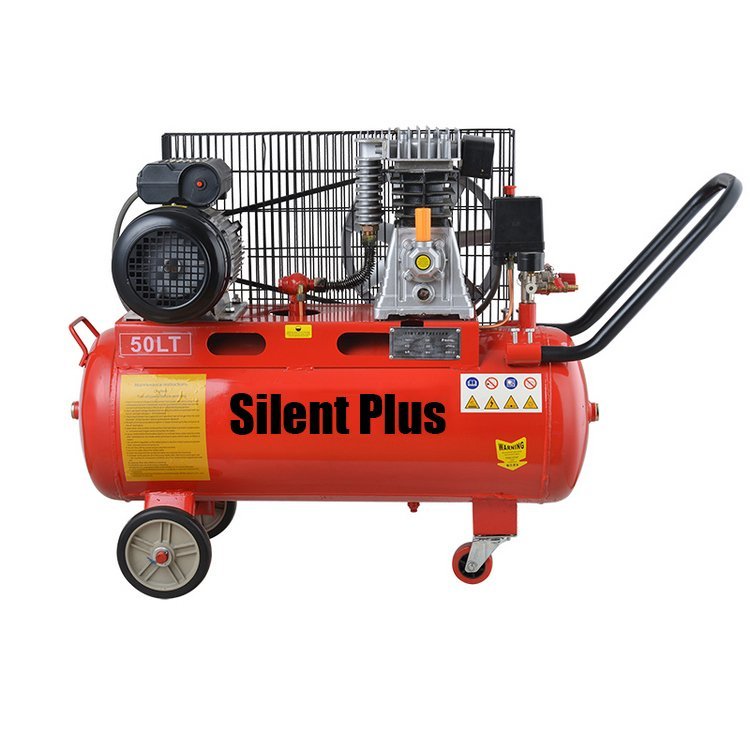Comparing Oil-Free Air Compressors and Oil Air Compressors: Which One is Right for You?
When it comes to air compressors, there are two main types: oil-free and oil-air. Both have their advantages and disadvantages, and choosing the right one for your needs depends on a variety of factors.
In this article, we'll compare oil-free air compressors and oil air compressors to help you make an informed decision.
Oil-Free Air Compressors
Oil-free air compressors, as the name suggests, do not require oil lubrication to operate. Instead, they use other methods to reduce friction and heat generation, such as Teflon-coated components or water injection.
Advantages
- Lower maintenance requirements: Without oil, there's no need for oil changes, filter replacements, or disposal.
- Cleaner air output: Oil-free compressors produce cleaner air output, making them ideal for certain applications where clean air is crucial, such as in food or pharmaceutical industries.
- More portable: Oil-free compressors tend to be smaller and lighter than oil-air compressors, making them easier to transport and maneuver.
Disadvantages
- Shorter lifespan: While newer technology has improved the durability of oil-free compressors, they still generally have a shorter lifespan compared to oil-air compressors.
- Less efficient: Oil-free compressors have a lower efficiency rating compared to oil-air compressors, meaning they may consume more energy for the same output power.
Oil Air Compressors
Oil-air compressors use oil lubrication to reduce friction and heat, which extends their lifespan and improves energy efficiency. They come in a range of styles and sizes, including rotary screw, reciprocating, and scroll compressors.
Advantages
- Longer lifespan: The use of oil lubrication helps to extend the lifespan of oil-air compressors, making them a more cost-effective choice in the long run.
- More efficient: Oil-air compressors are generally more energy-efficient than their oil-free counterparts, meaning they may consume less energy for the same output power.
- Higher pressure capabilities: Oil-air compressors can achieve higher pressure capabilities than oil-free compressors, making them better suited for heavy-duty applications.
Disadvantages
- Higher maintenance requirements: Oil-air compressors require regular oil changes and filter replacements, which can be time-consuming and costly.
- Contaminated air output: The use of oil lubrication means that oil-air compressors produce air with small amounts of oil particles, which may not be suitable for certain applications where clean air is crucial.
In summary, choosing between an oil-free air compressor and an oil-air compressor depends on your specific needs and requirements. If you need a portable compressor with cleaner air output, an oil-free compressor may be the better choice. However, if you require a compressor with a longer lifespan and higher efficiency, an oil-air compressor may be a more cost-effective option. Ultimately, it's important to carefully consider the advantages and disadvantages of each type before making a decision.

